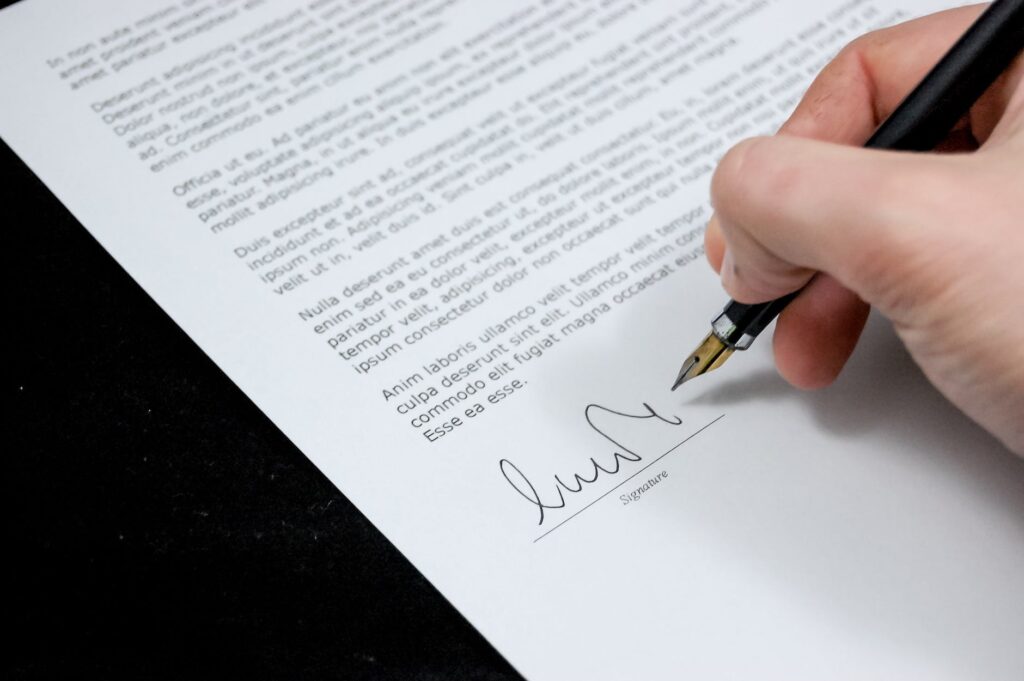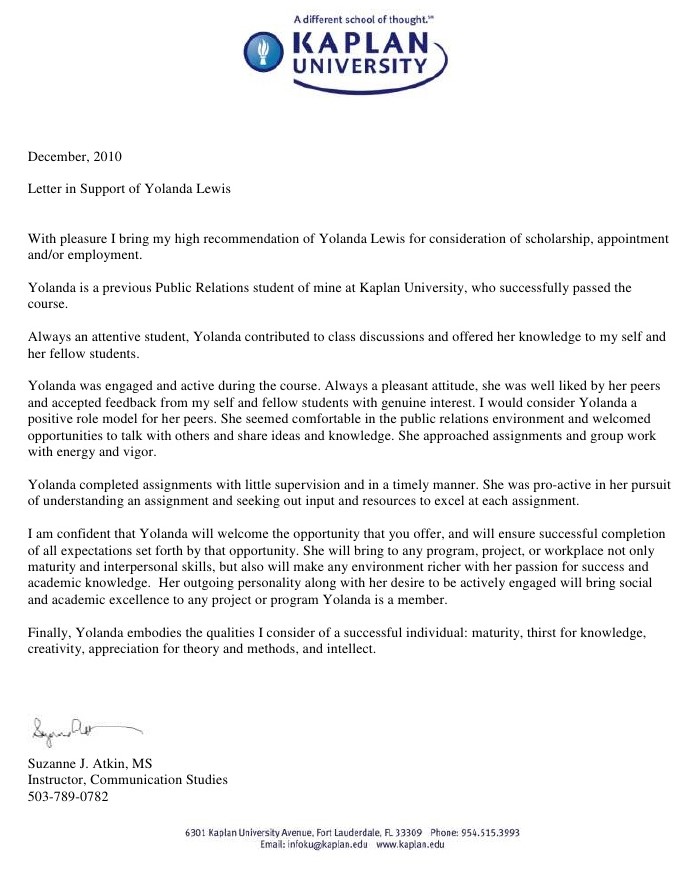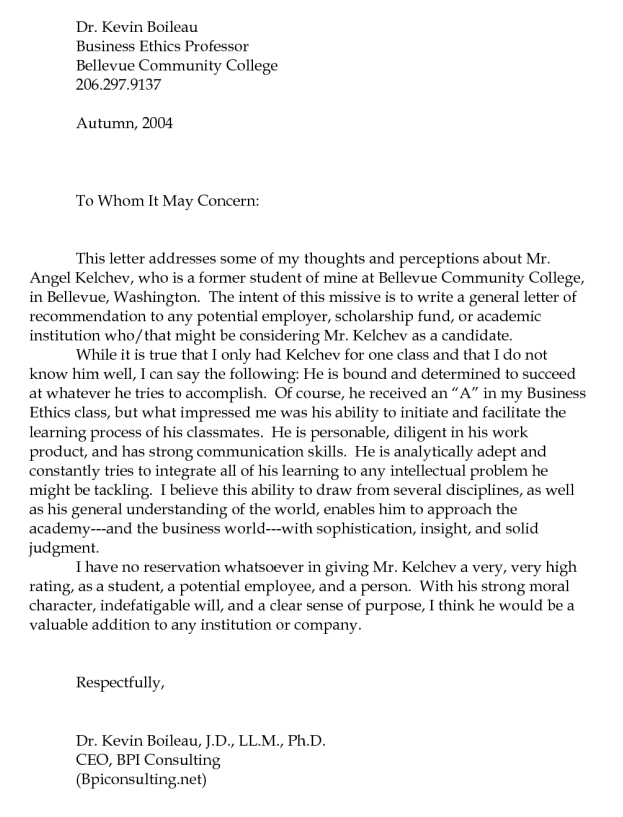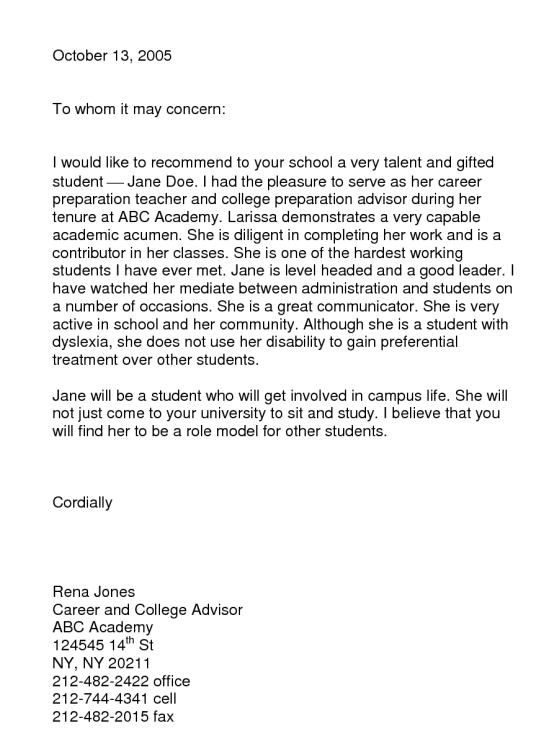
How to Obtain Letters of Recommendation for Graduate and Undergraduate Studies in China
One of the most critical components of your university application, especially if you’re aiming to study abroad in China, is your letters of recommendation. Whether you’re applying for graduate studies or undergraduate studies, the universities in China will ask for two letters of recommendation from relevant academic figures. These letters not only support your academic abilities but also reflect your character, work ethic, and potential for success in the field you’re pursuing.
In this guide, we’ll explain everything you need to know about securing these letters, including who should write them, how to ask for them, and specific guidelines you need to follow for both postgraduate and undergraduate applicants.
Letters of Recommendation for Graduate Applicants
If you’re applying for postgraduate studies (master’s or PhD programs) in China, most universities will require you to provide two letters of recommendation. These letters must come from individuals who can speak to your academic performance, achievements, and research potential.
Who Should Write Your Letters?
For graduate applicants, your recommendation letters must be written by full-time Professors or Associate Professors. These are academic professionals who have had direct experience teaching you or supervising your academic work, and they can vouch for your capability to succeed at the postgraduate level.
Professors or Associate Professors: These academic ranks are widely accepted for recommendation letters. They have the authority and experience to evaluate your potential for advanced studies.
Assistant Professors: While Assistant Professors may seem like a good option, some Chinese universities do not accept recommendation letters from them. Therefore, it’s crucial to ensure that your letters come from Professors or Associate Professors only.
Language of the Letters
Your letters of recommendation can be written in either Chinese or English, depending on the language proficiency of your recommenders. Most Chinese universities accept both languages for their application process, so it’s essential to communicate clearly with your recommenders about the language they are most comfortable using.
What Should the Letters Include?
The recommendation letters should cover several key points that universities in China value. These include:
Academic Performance: The letter should reflect your academic strengths, achievements, and areas of excellence during your previous studies.
Research Potential: For graduate applicants, it’s important that the recommendation highlights your ability to conduct independent research and contribute to your field of study.
Work Ethic and Motivation: Your professor or associate professor should be able to vouch for your dedication, discipline, and motivation to pursue advanced studies.
Character Assessment: While academic performance is crucial, your recommender should also highlight your integrity, teamwork, and communication skills, as these are equally important in the academic environment.
Letters of Recommendation for Undergraduate Applicants
For students applying for undergraduate programs in China, you are required to submit two letters of recommendation from teachers at your high school. These letters will give the admissions committee insight into your academic performance, potential, and character.
Who Should Write Your Letters?
For undergraduate applicants, the letters should come from teachers who have taught you in subjects relevant to the program you’re applying for. It’s best to choose teachers who know you well and can speak in-depth about your abilities and potential.
High School Teachers: Teachers from subjects related to the course you’re applying for (e.g., science teachers for engineering or biology programs, or English teachers for humanities programs) are ideal candidates.
Language of the Letters
As with graduate applications, the recommendation letters for undergraduate programs can be written in Chinese or English. Be sure to let your teachers know in advance which language is preferred by the university.
What Should the Letters Include?
For undergraduate applicants, the recommendation letters should focus on:
Academic Abilities: Highlight your strengths in specific subjects, your academic growth, and any outstanding achievements during high school.
Potential for Success: Your teachers should describe your readiness for university-level education and your potential to thrive in a foreign academic environment.
Personal Qualities: The letters should also reflect your character, work ethic, and how you contribute to the classroom environment through participation, teamwork, and leadership.
Motivation and Interests: It’s beneficial if your teacher can speak to your passion for the subject you plan to study and how you have demonstrated your interest in the past.
Important Details to Include in the Recommendation Letters
Regardless of whether you’re applying for an undergraduate or graduate program, it’s crucial that the following details are included in your letters of recommendation:
Contact Information of the Referrer: Make sure the letter includes the name, email address, and phone number of your professor, associate professor, or teacher. The university may contact your referees for verification or further information.
Signature and Letterhead: The recommendation letters should be signed by the referee and, if possible, printed on the institution’s official letterhead. This adds an extra layer of authenticity to the recommendation.
How to Request a Letter of Recommendation
Now that you understand who should write your letters and what they should contain, here are a few tips on how to effectively request a letter of recommendation:
Ask Early: Don’t wait until the last minute. Professors and teachers are busy and will need time to write a well-considered letter. Asking at least 1-2 months in advance is ideal.
Provide Necessary Information: Help your recommenders by giving them all the information they need. This can include your CV, personal statement, and details of the program you’re applying for. The more context they have, the better they can tailor the letter to your application.
Follow Up Politely: After you’ve made the initial request, follow up politely to ensure they have all the information they need and remind them of the submission deadline.
Express Gratitude: Writing a good recommendation letter takes time and effort, so be sure to thank your recommenders sincerely for their support.
Final Thoughts
Letters of recommendation are an essential part of your university application, especially when applying to study abroad in China. Whether you’re applying for a postgraduate or undergraduate program, choosing the right academic figures to write your recommendations and ensuring that the letters meet the university’s criteria is crucial. By following these guidelines, you’ll be well on your way to securing strong recommendations that reflect your academic potential and character.
SAMPLE COPY



If you would like to study in China, If you need assistance to apply for scholarships in China then you can directly contact us through Email/WhatsApp/ WeChat.
